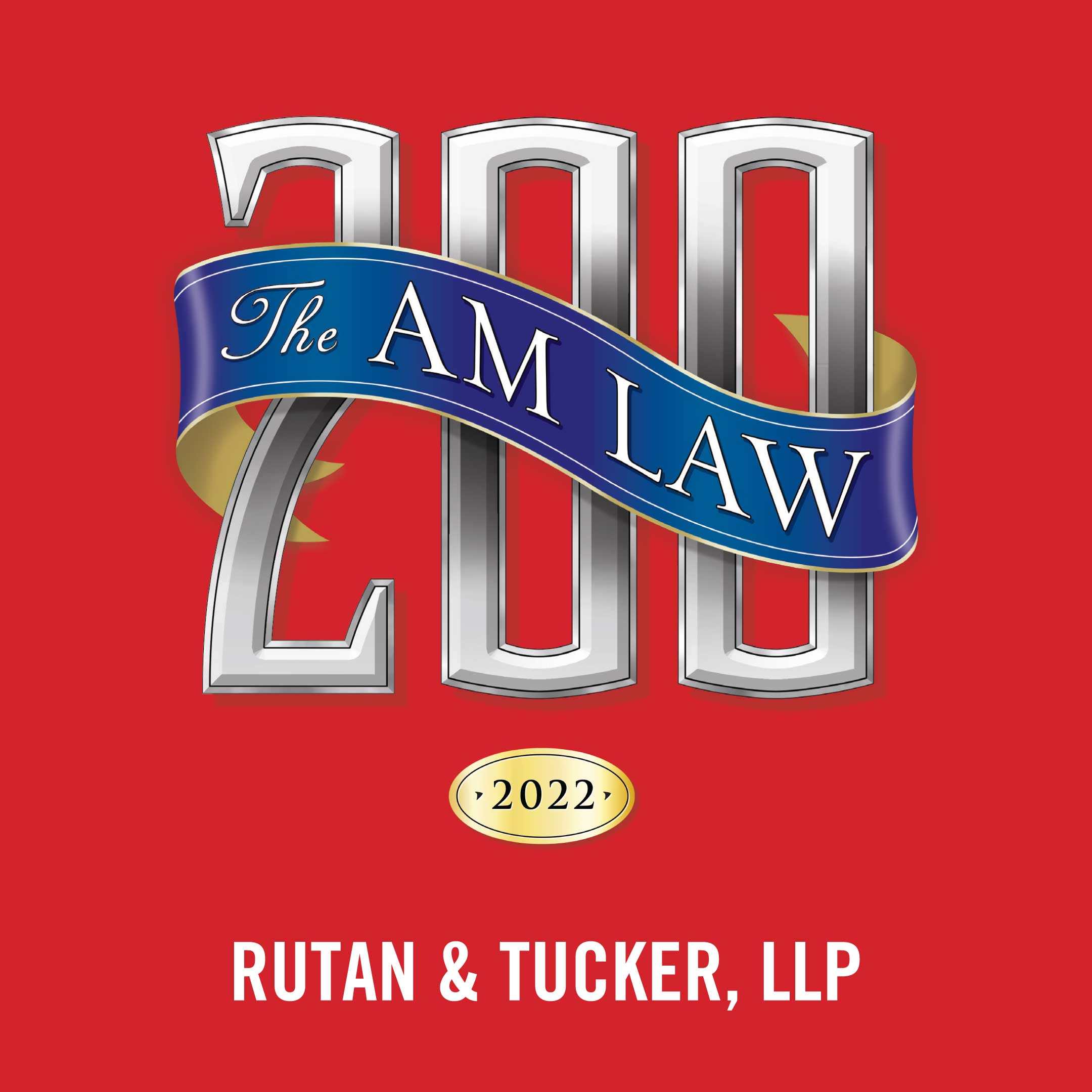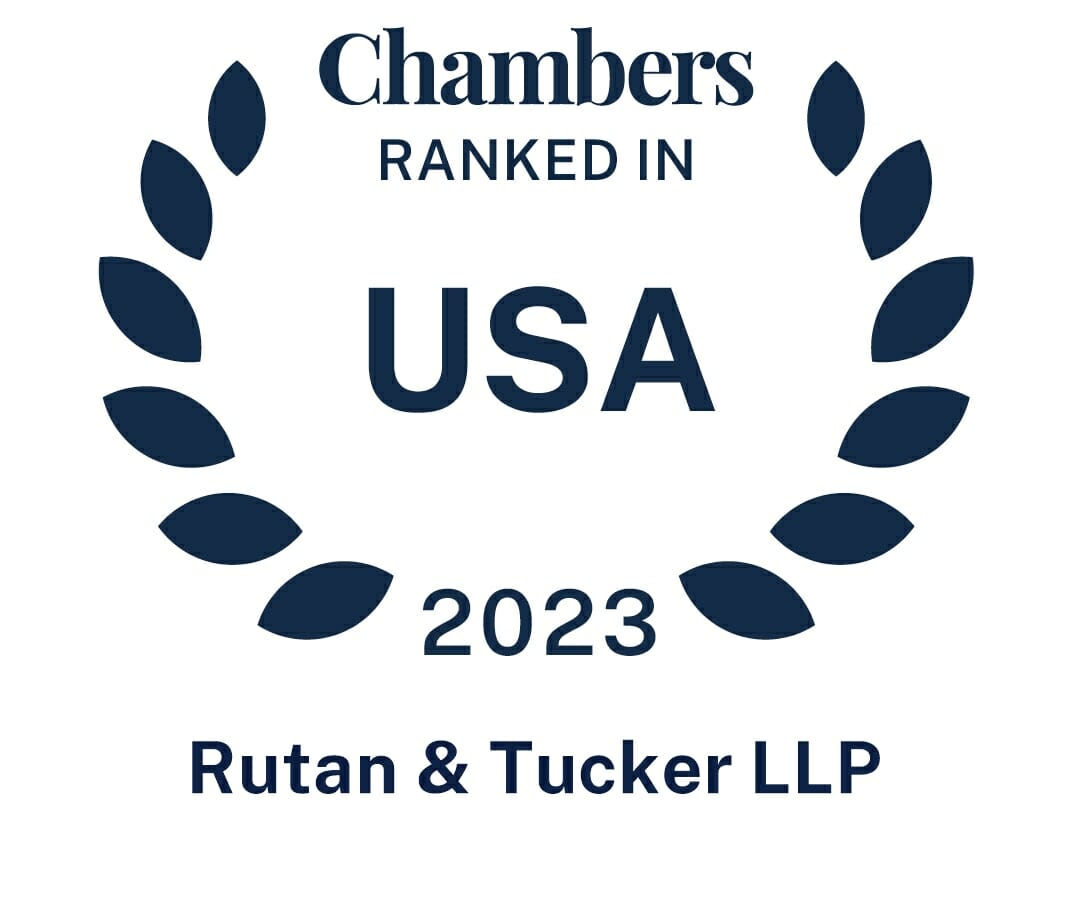We want to bring your attention to a significant development that is impacting businesses across the United States as of January 1, 2024, when the Corporate Transparency Act (“CTA”) went into effect. With the goal of combatting illicit activities, including terrorist financing and money laundering, companies subject to the CTA will be required to disclose information regarding their Company Applicants and Beneficial Owners, specifically the individuals who ultimately own or control the company. This alert is provided to highlight the key aspects of the CTA and to support your business in navigating these changes.
Key Highlights of the CTA
- Reporting Timeline: Entities that meet the criteria of a “Reporting Company” will have specific deadlines (30 days, 90 days, or one year) to report Beneficial Ownership Information (“BOI”), depending on their date of formation.
- BOI Disclosure: Reporting Companies must disclose BOI, which includes information about who owns or controls the entity, and in some cases the Company Applicant information, to the Financial Crimes Enforcement Network (FinCEN).
- Penalties: Willful failure to report carries civil penalties of $500 per day and may result in additional criminal penalties of up to $10,000 and imprisonment of up to two years.
What Constitutes a “Reporting Company”?
- Domestic Companies: Any entity created within the United States by filing documents with a state secretary’s office, such as corporations, LLCs, LPs, or LLPs.
- Foreign Companies: Entities formed under foreign laws that are registered to conduct business in the United States.
Understanding “Company Applicants” and “Beneficial Owners”
- Company Applicants: Individuals responsible for filing formation or registration documents for a Reporting Company created on or after January 1, 2024.
- Beneficial Owners: Individuals who either: (i) directly or indirectly exercise substantial control over a Reporting Company; or (ii) own/control at least 25% of the Reporting Company’s ownership interests. A beneficial owner is anyone who, directly or indirectly, either exercises substantial control over such reporting company or owns or controls at least twenty-five percent of the ownership interests of such reporting company. As far as substantial control is concerned, FinCEN has identified four general criteria, any of which if met, would require that individual to be so identified as a beneficial owner: (1) senior officers; (2) individuals with the capacity to appoint or remove certain officers or a majority of directors; (3) an individual with the authority to make important decisions; and (4) any other person with substantial control over the company. For these purposes, FinCEN’s compliance guide suggests that a person who is an important decision-maker is anyone capable of making key business decisions such as geographical areas to service; the ability to take out significant loans or issue securities; and the oversight to authorize reorganization, dissolution or merger.
What Information Is Required To Be Disclosed?
Reporting Company:
- Legal name and any trade or “doing business as” (d/b/a) name
- Principal place of business address
- State, Tribal or foreign jurisdiction of formation
- For foreign companies only, State or Tribal jurisdiction of first registration
- Tax ID number (TIN and EIN)
Company Applicants and Beneficial Owners:
- Full legal name
- Date of birth
- Current residential (or business address for Company Applicants who form or register a company in the course of their business)
- ID number (passport, driver’s license, or state ID)
- Image of document with the ID number OR FinCEN ID
Reporting Process
Except in limited circumstances, reports must be submitted electronically to FinCEN via an online interface; no paper filings are accepted, and there is no fee for submitting BOI. The FinCEN filing system can be accessed at https://boiefiling.fincen.gov/, and instructions and other technical guidance on how to complete the BOI report form are available at www.fincen.gov/boi.
Important Reporting Deadlines
- Entities formed or registered before January 1, 2024, have until January 1, 2025, to file their initial reports.
- Entities formed or registered on or after January 1, 2024, but before January 1, 2025, must file within 90 days of creation or registration.
- Entities formed or registered on or after January 1, 2025, must file within 30 days of creation or registration.
- Any changes to reported information must be reported within 30 days of the relevant change.
Are There Penalties for Non-Compliance?
Failure to report to FinCEN can result in civil penalties of up to $500 per day for late reporting and criminal penalties of up to $10,000 with imprisonment of up to two years.
Exemptions
In enacting the CTA, Congress aimed to create an additional layer of transparency, so institutions currently subject to significant regulatory oversight, such as banks and accounting firms are to be exempted. The scope of the law appears to make small businesses the specific target. In line with this focus, the CTA provides 23 exempt entity categories, including publicly traded companies meeting specified requirements and many nonprofits. In addition, certain “large operating companies” with 20 or more full-time employees in the United States that have a physical operating presence in the United States and reported gross receipts or sales of at least $5,000,000 in its applicable IRS filing in the previous year are exempt from the reporting requirements of the CTA.
Who Has Access To Reported Information?
While the public cannot access the registry, authorized federal, state, local, and tribal officials may request information for national security, intelligence, and law enforcement purposes. Financial institutions may also access BOI under specific circumstances with the reporting company’s consent. Each authorized recipient must adhere to security and confidentiality protocols to safeguard BOI, including secure storage, access controls, audits, and providing reports and certifications.
Our Commitment
At Rutan & Tucker, LLP, we have been closely monitoring the CTA and will continue to stay updated on any changes that may affect our clients. If you have questions about the CTA, need assistance with filings, or require legal guidance related to this matter, please do not hesitate to contact us.



